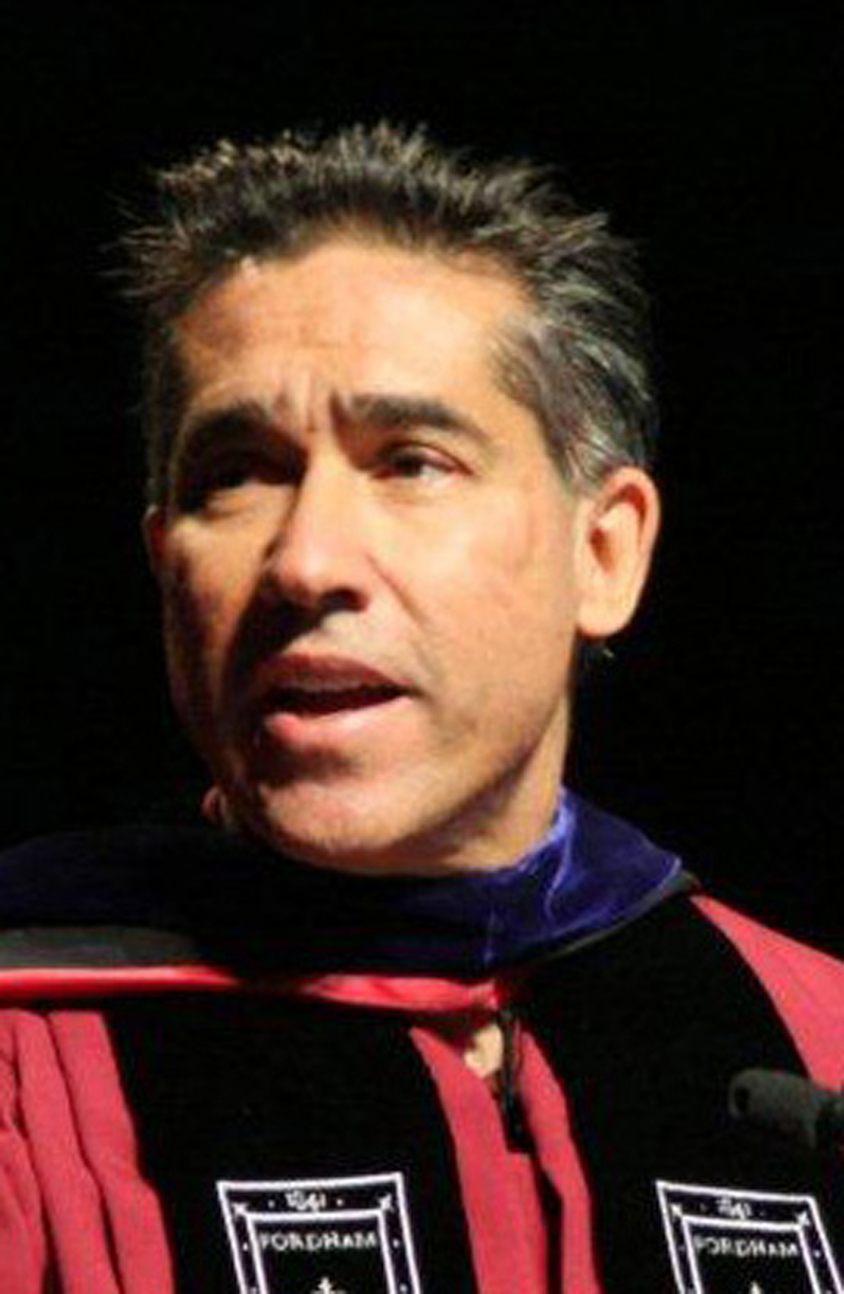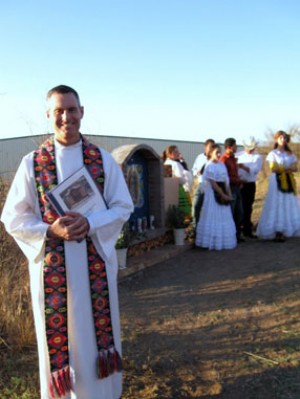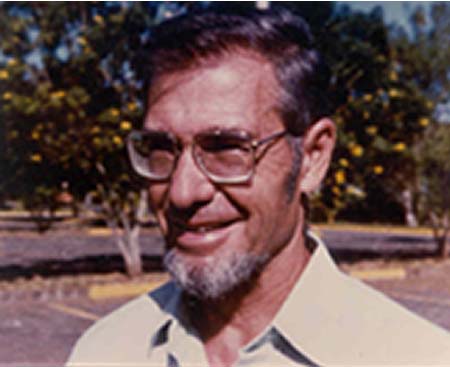This 90-year-old Jesuit priest told the bishops in a meeting in
Baguio, right before martial law, “that if 10 percent of the Catholics
in the Philippines went to Mass on Sundays, there will not be enough
cathedrals, churches, chapels, visitas, etc., to accommodate these 10
percent, and we priests will have to say not four or five Masses, but
even more.” The fact remains that most Catholics in the Philippines live
far away from churches, and even if there are easily accessible
churches or chapels, there would be no priests to say Mass even in the
city proper or in the towns or barrios and sitios. If indeed 80 percent of the now more than 90 million Filipinos
are Catholics (at least nominally), what a mind-boggling problem we
would have in how to evangelize and catechize these millions to become
true Christians in spirit and in truth.
Link (here) to the original article by Fr. Emmanuel V. Non, S.J.
































